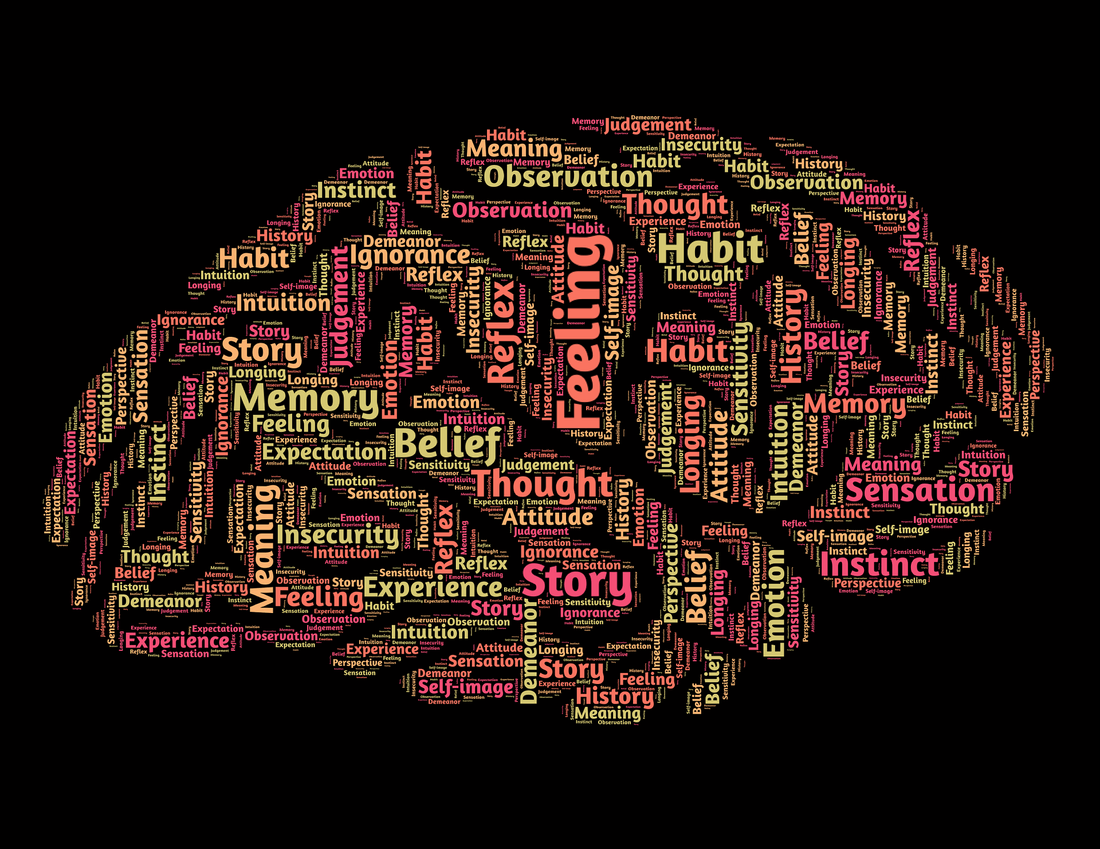Sonder
by Paul McGowan
In 2006 John Koenig ran into a few roadblocks while writing poetry. He couldn't find the right words to describe complex emotions. So he made some words up and added them to his own dictionary. Some of those words eventually came into the general lexicon. Like sonder:
"…the realization that each random passerby is living a life as vivid and complex as your own—populated with their own ambitions, friends, routines, worries and inherited craziness—an epic story that continues invisibly around you like an anthill sprawling deep underground, with elaborate passageways to thousands of other lives that you’ll never know existed, in which you might appear only once, as an extra sipping coffee in the background, as a blur of traffic passing on the highway, as a lighted window at dusk."
That's a lot of words to describe a simple concept, yet it points out how difficult it can be to connect us to our emotions.
One of the common traps we audiophiles fall into is describing what we hear and how our emotions connect with that experience. When I say something sounds transparent, for example, I don't mean it's invisible or ghostly because we can see through it. I mean that it doesn't stand in the way of other sounds, that I can "see" around it to what lies hidden on some systems.
There have been lots of attempts in the past at building audio vocabularies we can all agree upon, but mostly they are just repurposed words with meanings relevant only to insiders.
I wonder if we might be better served relating how music played through various equipment makes us feel rather than trying to put a label on the emotional triggers in the music.
It wouldn't be as specific to tell you that listening to a new amp made me feel inspired and brought new meaning to familiar music, but it might get us closer to agreement.
Thoughts?
- Choosing a selection results in a full page refresh.
- Opens in a new window.







